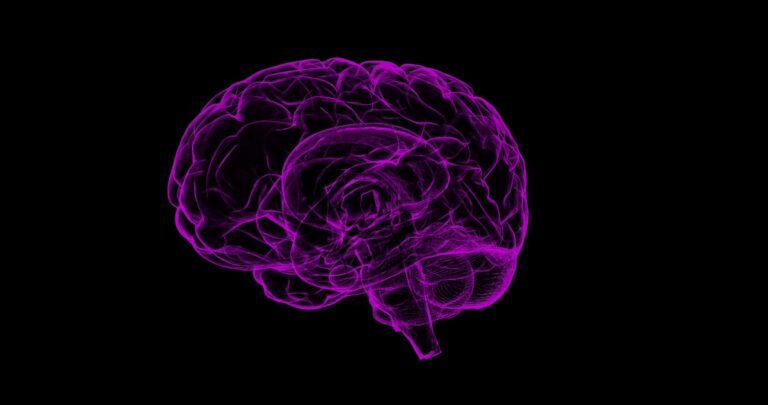Positive Psychology
When talking about human thought and behavior, we often relate psychology to pathology as if they were the same word. For many years almost all psychological discourse focused on identifying and categorizing problems within the brain: depression, anxiety, schizophrenia, personality disorders, and the like. Recently, though, there’s been a growing movement to flip the script and focus on more positive aspects of the human experience, including how we can obtain the elusive states of happiness, contentment, and overall well-being. This growing field of study is called positive psychology, and it has unearthed profound truths about what it means to be human.
What is Positive Psychology?
Positive psychology is the science of how people and communities flourish and thrive, and focuses on an individual’s potential rather than their deficiencies. Positive psychology can be divided into three parts subjective experience (what feels good to you), objective experience (what makes a good person or a good life), and interpersonal experience (how a community thrives). These parts are all essential aspects of the study of positivity, and it’s important that we consider well-being and positive emotion on a short and long-term scale, both individually and communally.
Positive Psychology in Practice

The study of the positive aspects of human experience has led to new and innovative ways of treating individuals with psychological difficulties. Techniques such as well-being therapy and positive psychotherapy can help alleviate symptoms of depression by fostering development of positive thoughts, emotions, and behaviors, rather than just trying to get rid of negative mental states. By focusing on the positive and building hope rather than trying to “fix problems”, individuals can change their attitude towards the events of their life, switching from frustration, depression, and fear to gratitude, optimism, and equanimity.








